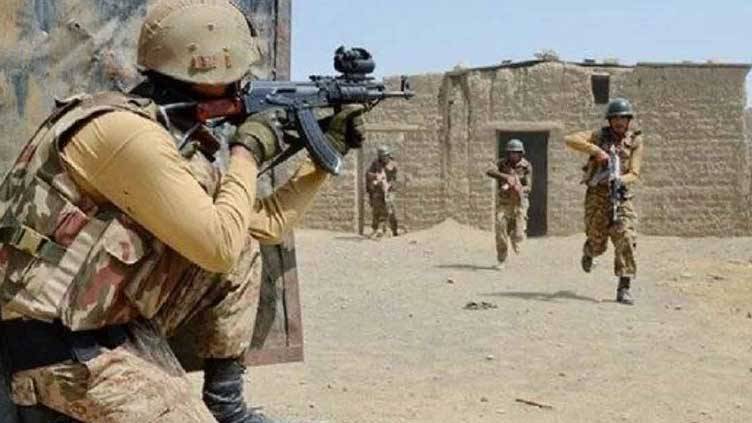Editorial
Despite the government’s efforts to reassure the public about the nature of Operation Azm-e-Istehkam, these attempts have fallen short of addressing the valid questions raised by various stakeholders. The initial clarification that the campaign would not resemble past large-scale kinetic operations or lead to mass displacement has not fully dispelled the concerns, particularly with the opposition from PTI, JUI-F, ANP, and provincial authorities in Khyber Pakhtunkhwa (KP).
The operation is purportedly focused on intelligence-based operations (IBO) to decisively address the crime-terror nexus and violent extremism. However, Defense Minister Khawaja Asif’s statement indicating the possibility of striking terror havens in Afghanistan has only added to the ambiguity surrounding the operation.
The lack of clarity regarding the operation’s scope and potential cross-border elements has raised concerns, particularly regarding the possibility of mass displacement in areas near the Afghan border in KP. The memories of past operations, such as the 2009 Swat operation and the 2014 Operation Zarb-e-Azb, have left communities wary of potential upheaval and the subsequent inadequate rehabilitation efforts.
The concerns about the welfare of local populations and the need for concrete assurances are key factors fueling resistance to the operation. The government’s engagement with the local populace and its ability to secure their support are crucial for the success of any anti-terror initiative. Addressing pertinent questions, including measures to safeguard citizens, infrastructure, and effective rehabilitation in impacted areas, is essential.
Furthermore, critical introspection is required from all stakeholders to understand why recurrent military campaigns are necessary and what other measures, beyond military operations, are needed to eliminate the root causes of extremism and violence. Transparency, public confidence, and the involvement of political and military leadership are imperative to mitigate opposition and ensure the success of counter-terror efforts.
















